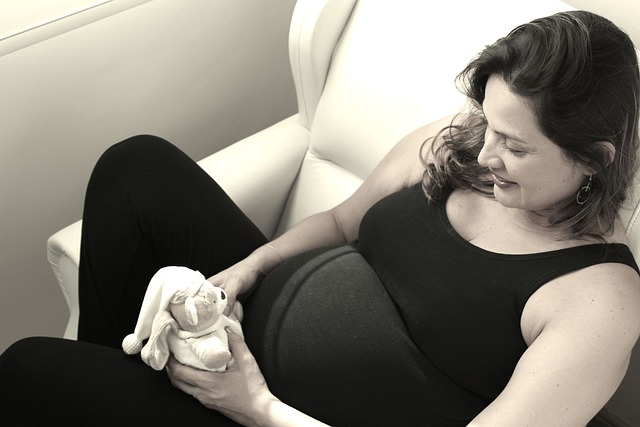As you navigate the joys of pregnancy, from feeling your baby kick to preparing for motherhood, it’s easy to overlook a rash. However, during this special time, it’s essential to pay attention to any unusual symptoms, as they could indicate chickenpox or shingles. Here’s what expectant mothers should be aware of regarding these conditions and their implications for both mom and baby.
Understanding Chickenpox and Shingles
Chickenpox and shingles are both caused by the varicella-zoster virus. You can only develop shingles if you’ve previously had chickenpox, as this virus remains dormant in your body after the initial infection.
Chickenpox is characterized by the appearance of itchy red bumps all over the body, and it can sometimes lead to more serious complications, particularly in pregnant women. Shingles, on the other hand, manifests as painful rashes that can occur in specific areas of the body.
How Can You Contract Chickenpox or Shingles While Pregnant?
If you have never had chickenpox or the vaccine, you are at risk of contracting chickenpox during pregnancy. Shingles may also pose a risk if you have had chickenpox in the past. It’s crucial to be aware of exposure, especially since shingles can be contagious to those who have not had chickenpox.
Symptoms to Watch For
Symptoms of chickenpox include:
- Itchy red spots
- Fever
- Fatigue
For shingles, you may experience:
- Pain or tingling in a specific area
- A rash that develops into blisters
- Flu-like symptoms
If you notice any of these symptoms, it’s advisable to consult your healthcare provider.
Risks to Your Baby
Both chickenpox and shingles can pose risks during pregnancy. Chickenpox can lead to complications for the baby, including congenital varicella syndrome, which can cause birth defects. Shingles, while less risky, can still be concerning, especially if the rash is present at the time of delivery. If you’re pregnant and suspect you have chickenpox or shingles, it’s vital to seek medical advice promptly.
Protection for Your Baby
To protect your baby, vaccination before pregnancy is recommended for those who have not had chickenpox. If you find yourself exposed to chickenpox or shingles, consult your healthcare provider for guidance tailored to your situation.
Treatment Options
Treatment for chickenpox and shingles during and after pregnancy may include antiviral medications, soothing lotions, and fever reducers. Your healthcare provider will determine the best course of action based on your specific circumstances.
Preventive Measures
Preventing chickenpox and shingles primarily involves vaccination and avoiding exposure to infected individuals. If you’re interested in learning more about home insemination and fertility treatments, check out this valuable resource on artificial insemination as well as our at-home insemination process.
If you’re seeking support while navigating your journey, consider joining MakeAMom’s free sperm donor matching group, where you can connect with others and share experiences.
For detailed information on pregnancy health, visit WomensHealth.gov, a trusted resource for expectant mothers.
Additionally, you can read about other experiences in this blog post about welcoming baby number two to keep you inspired and informed.
To Summarize:
Chickenpox and shingles are conditions that require attention during pregnancy. Understanding the risks, symptoms, and treatment options is crucial for the health of both mother and baby. Preventive measures, including vaccination and avoiding exposure, can help safeguard your pregnancy. For further information on home insemination and supporting resources, explore the links provided.

